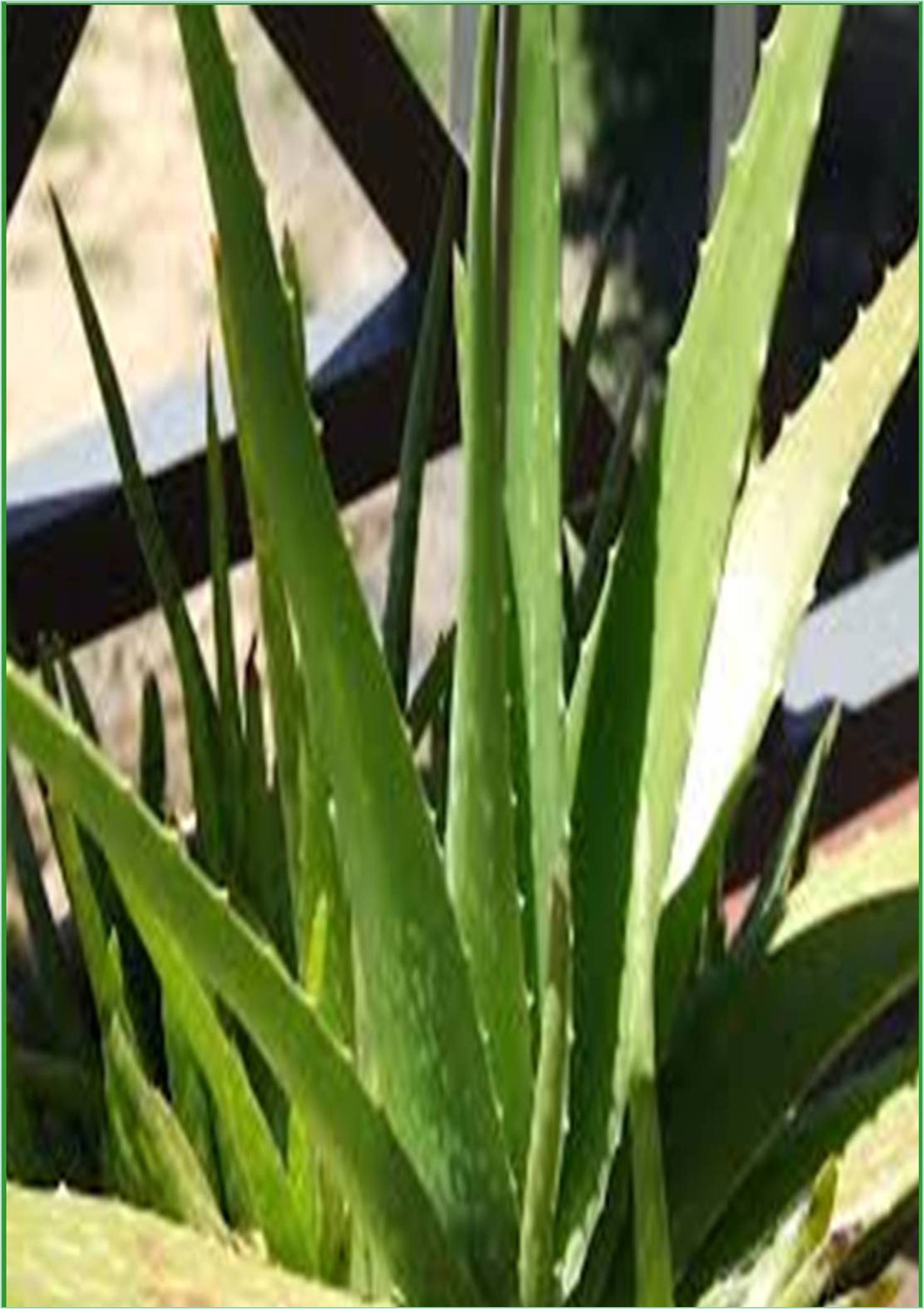



Received: 01-Feb-2022, Manuscript No. GJMPR-22-59074; Editor assigned: 03-Feb-2022, Pre QC No. GJMPR-22-59074(PQ); Reviewed: 17-Feb-2022, QC No. GJMPR-22-59074; Revised: 21-Feb-2022, Manuscript No. GJMPR-22-59074(R); Published: 03-Mar-2022, DOI: 10.15651/GJPR.22.7.071
Diabetes has become a vast health threat as modern lifestyles have made excuses for inactive modes. With calorie-burning activity out of our daily schedules, we are storing unhealthy amounts of fats and adding to the pressure on our blood vessels and heart. Diabetes is the silent killer creeps in unnoticed and in several cases, goes hidden till some health calamity makes the patient check the blood parameters. A serious metabolic disorder caused by either the deficiency of insulin or the inability of utilizing it. This prolonged condition opens the door for several other complications.
There are two categories of diabetes. Type 1 diabetes results in the incapability of secreting the hormone insulin and the patients are therefore dependant on insulin injections. Type 2 diabetics make insulin but they either do not make enough, or they are unresponsive to it.
Nowadays plant based medicines or products are used to progress health conditions or as healing substance either alone or in combination with others. Herbal medicines are being used by a growing number of people as these products are measured safe or minimum side effects. In African and Assian countries, 80% of the population depends on traditional medicine for their primary healthcare. It is seen that about 25% of modern medicines have come from plants first used traditionally.
Diabetes is a very challenging disease that keeps us on the toes with lots of cautions in every step of life. Be it the restrictions on food, the need for a strict disciplined life, or the constant worry of checking the glucose levels, it overshadows the joy of living life to the fullest.
Symptoms to look out for:
• High levels of sugar in the blood
• Unusual thirst
• Frequent urination
• Extreme hunger and loss of weight
• Blurred vision
•Nausea and vomiting
•Extreme weakness and tiredness
•Frequent mood swings
The holy leaves of Tulsi are blessed with antioxidants and essential oils that produce magical components like eugenol, methyl eugenol, and caryophyllene. These compounds aid in the secretion of insulin and upsurge the body’s sensitivity to insulin.
Diabetes is an illness characterized by chronic high blood glucose levels. Tulsi is very effective in improving the secretion and utilization of the insulin hormone.
Stress is a major risk factor for diabetes. Tulsi leaves are widespread adaptogens that have been used widely as a protective and therapeutic measure against stress. Also, the antioxidants exist in the leaves help beat the ill effects of oxidative stress.
Cardiovascular disease is a common secondary condition in diabetics, and it is the primary cause of death in diabetic patients. Tulsi contains vitamin C and other antioxidants that fight off the harmful free radicals and help to protect the body from damage.
Studies have also found that Tulsi has cholesterollowering properties and may reduce both total cholesterol and triglyceride levels. High cholesterol levels increase health risk for emerging cardiovascular issues such as tough arteries and strokes.
Consuming two to three tulsi leaves whole or about one tablespoon full of its juice on an empty stomach helps lower the blood sugar levels. In some study found that holy basil showed benefits for reducing blood sugar. The study including a group of 90 men, who were all diagnosed with type 2 diabetes at the outset of the analysis.
The results yielded from both the animal and human studies could hold particular relevance for individuals with pre-diabetes, which refers to abnormally high blood sugar levels which are not yet high enough to qualify as type 2 diabetes.